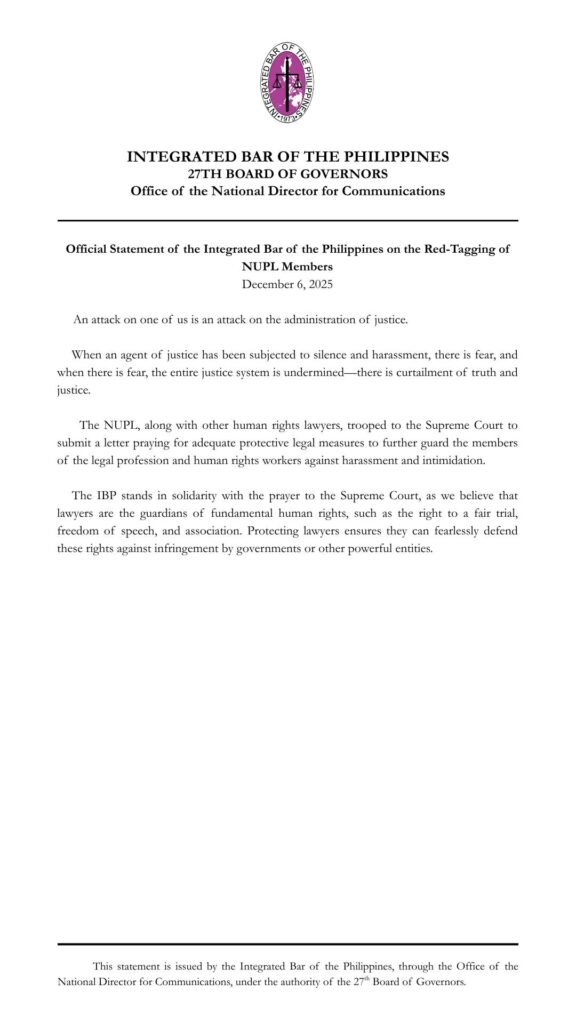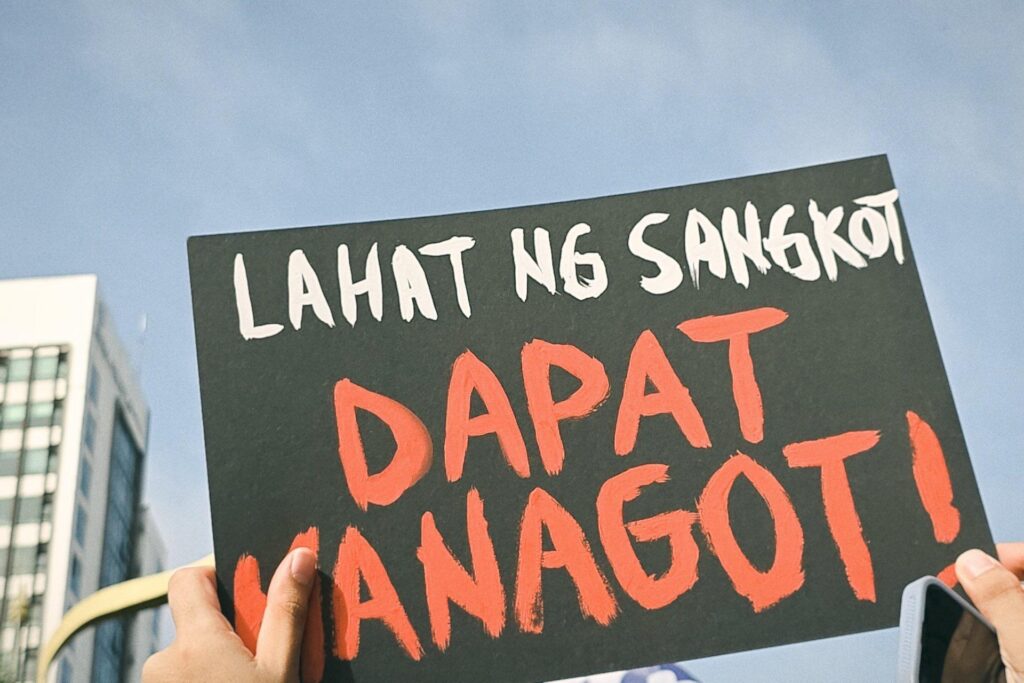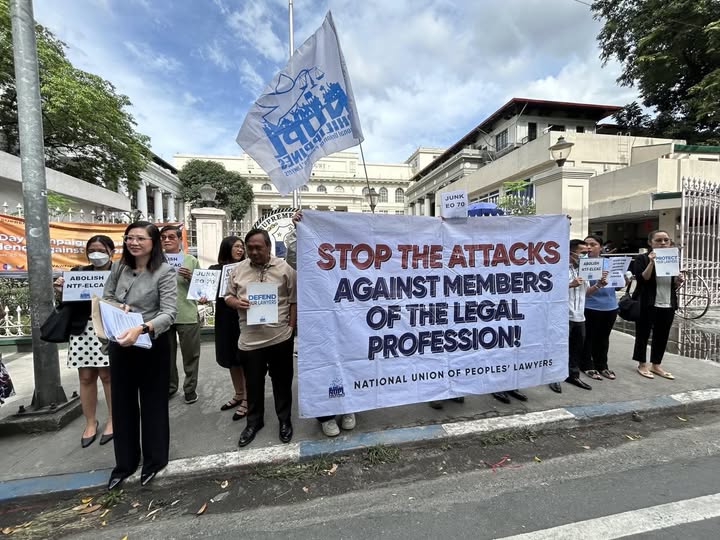📷President Ferdinand Marcos Jr. signs the P6.352 trillion 2025 General Appropriations Act | PCO Facebook
President Ferdinand Marcos Jr. said he vetoed P194 billion worth of line items for next year’s budget as he signed the 2025 General Appropriations Act on Monday, December 30.
Following the veto of certain items, next year’s final budget was slightly adjusted to P6.326 trillion, down from the proposed P6.352 trillion.
“After an exhaustive and thorough review, we have directly vetoed over 194 billion worth of the line items that are not consistent with our programmed priorities,” Marcos said in his speech.
“These include allocations for certain programs and projects of the Department of Public Works and Highways (DPWH), and those under the Unprogrammed Appropriations, which increased by 300 percent,” Marcos added.
The vetoed items consist of P26 billion under the DPWH and P168 billion in unprogrammed projects, which Marcos entirely removed from the budget. This total deletion of allocations contributed to the 2025 GAA being lower than the initially proposed budget.
In a press briefing shortly after the ceremonial signing of the budget, Budget Secretary Amenah Pangandaman said the vetoed DPWH items include projects deemed entirely misaligned with the administration’s economic agenda, those requiring further review, and others not yet ready for implementation.
“Roughly, P26 billion, under the Department of Public Works and Highways, direct veto iyon. Bawat isang project po ay tinanggal natin,” Pangandaman said.
Twelve government programs will be subject to conditional implementation. These include initiatives from the Department of Social Welfare and Development (DSWD), Department of Public Works and Highways (DPWH), the Ombudsman, Department of Agriculture (DA), Judiciary, National Disaster Risk Reduction Management Fund, Bureau of Customs (BOC), and Congress.
On the other hand, Pangandaman said Ayuda sa Kapos ang Kita Program (AKAP) program remains in the national budget but will be subject to conditional implementation.
“The AKAP fund is still there. However, before the funds are released, we need to issue guidelines together with the DSWD, Department of Labor and Employment (DOLE), and National Economic and Development Authority (NEDA),” Pangandaman said.
The conditional implementation aims to ensure that financial assistance is distributed accurately and avoids duplication among recipients. Pangandaman emphasized the importance of aligning the program with its intended purpose of reaching the right beneficiaries.
“Para maging consistent iyong pagbibigay ng AKAP doon sa tamang recipients, hindi po magkadoble-doble iyong binibigay natin na mga cash assistance,” she explained.
The program’s P26 billion allocation previously faced scrutiny in both the House of Representatives and the Senate, prompting questions about its proper utilization and oversight.
Government agencies are expected to finalize the guidelines to streamline the distribution process in the coming months.
Budget allocation
The Education sector received the largest allocation, amounting to P1.055 trillion, followed by the DPWH with P1.007 trillion.
Other agencies with significant portions of the approved budget include the Department of Health (DOH), Department of the Interior and Local Government (DILG), Department of National Defense (DND), Department of Social Welfare and Development (DSWD), Department of Agriculture (DA), Department of Transportation (DOTr), the Judiciary, Department of Labor and Employment (DOLE), and Department of Justice (DOJ). (TCSP)




